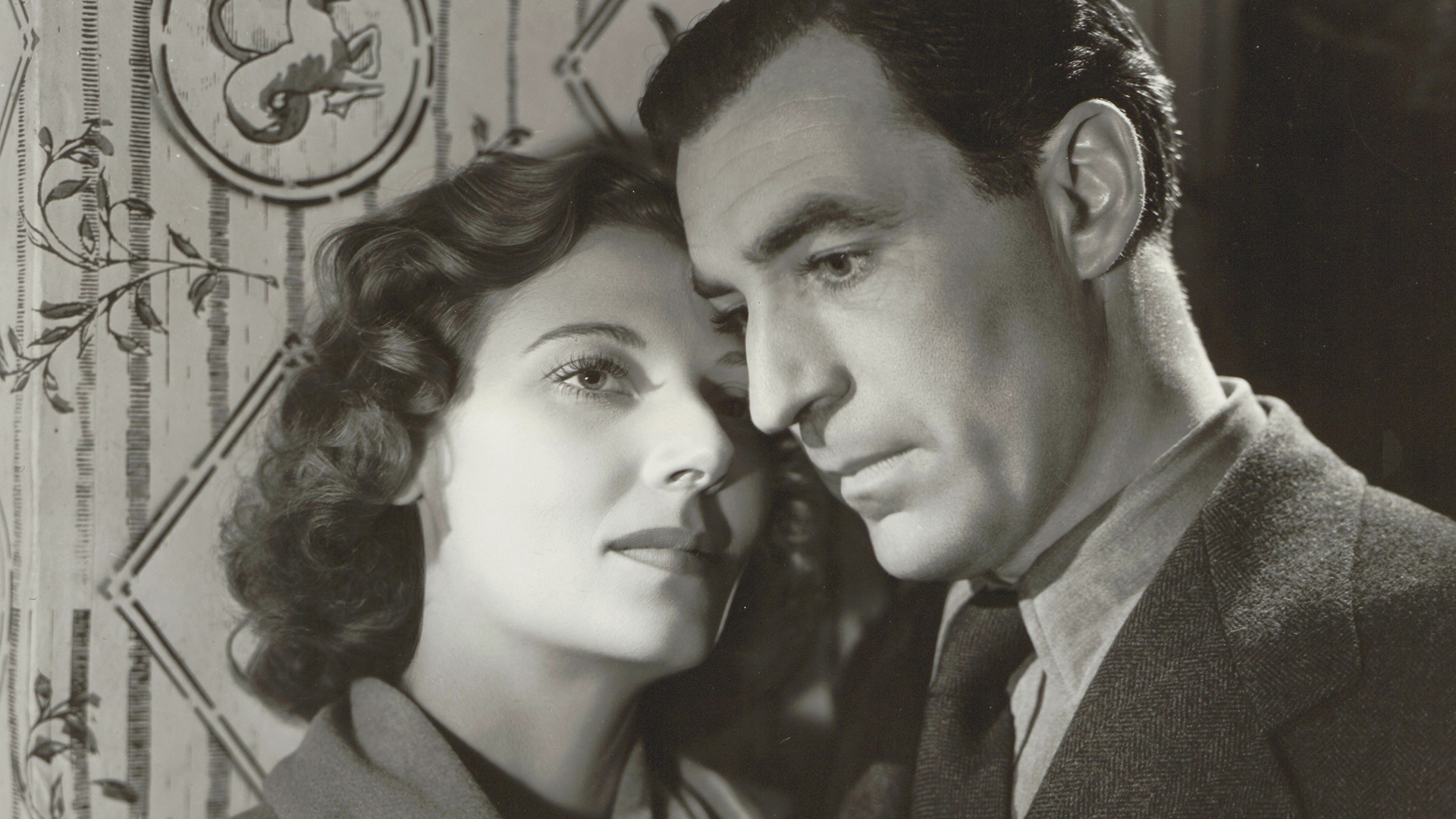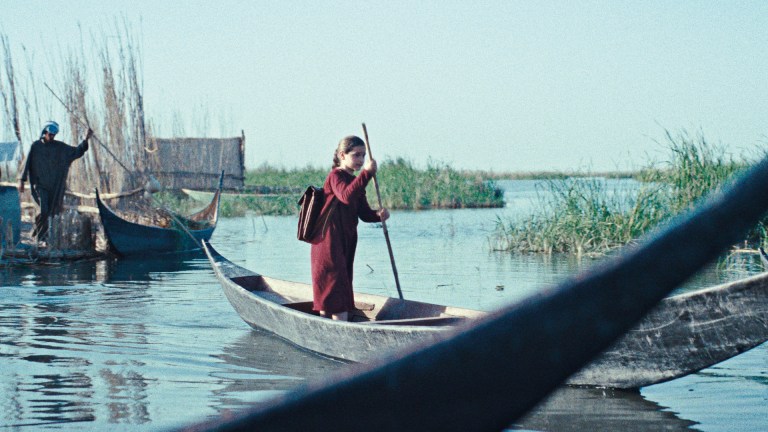Were you ever tempted by the once-ubiquitous online ads for Masterclass or BBC Maestro? The gimmick is essentially deluxe YouTube tutorials. Stumping up enough cash gets you access to video courses with celebrity teachers staring right down the lens at you. That means seven hours of Garry Kasparov improving your chess game. Five hours of vegetarian cooking explained by Marco Pierre White. Six hours of one-on-one acting tutelage with Helen Mirren.
Martin Scorsese recorded a filmmaking seminar for Masterclass in 2018 (comprising 30 bitesize lessons, around four and a half hours in total). With the greatest respect to his fellow instructors like Bill Clinton, Ringo Starr and Mariah Carey, he is clearly a god-level guru: knowledgeable, passionate, eloquent, vastly experienced and – like the best teachers – just a little bit intimidating.
Get the latest news and insight into how the Big Issue magazine is made by signing up for the Inside Big Issue newsletter
In the new documentary Made in England: The Films of Powell and Pressburger, you get a two-hour-plus hit of pure Scorsese in enthusiastic educator mode as he pays heartfelt tribute to his formative influences. Because as far back as he can remember he always wanted to be a filmmaker. Here, he persuasively makes the case that Michael Powell and Emeric Pressburger – the English director and Hungarian screenwriter whose overlapping creative alchemy led to a remarkable run of films in the 1940s and 1950s – unlocked that desire in him.
Made in England, directed by David Hinton but essentially hosted by the 81-year-old Scorsese, is a vigorous work of film scholarship that touches on all aspects of Powell and Pressburger’s careers, from their early UK war-time efforts like The Life and Death of Colonel Blimp (1943) to their sumptuous imperial-phase masterpieces like Black Narcissus (1947) and The Red Shoes (1948). It also takes an unvarnished look at their attempts to work with hands-on Hollywood producers, which resulted in the back-to-back 1950 bombs The Elusive Pimpernel and Back to Earth.
But the documentary also functions as a Scorsese autobiography. He made his first connection with Powell as an asthmatic indoor kid for whom films offered escapism; he was enthralled by swashbuckling technicolour extravaganza The Thief of Baghdad (1940) co-directed by Powell, even via the suboptimal experience of watching it on the family’s black-and-white TV.










